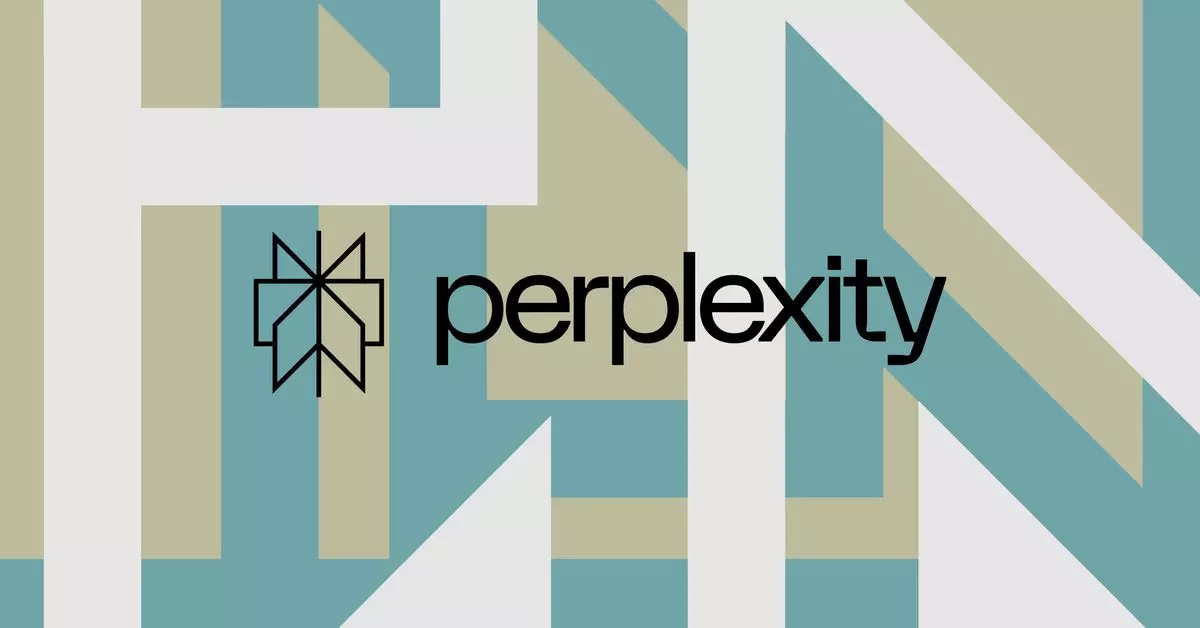The evolving landscape of artificial intelligence (AI) technologies has ushered in numerous benefits, but it has also sparked intense legal battles and ethical dilemmas. One recent case involves AI startup Perplexity, which operates an AI-driven search engine. This company has stepped into the spotlight following a lawsuit from News Corp, the media conglomerate that owns prominent outlets such as The Wall Street Journal and New York Post. The crux of the dispute centers on accusations that Perplexity unlawfully scraped and replicated content from news articles without permission, raising questions about copyright ownership and the use of publicly available data.
Perplexity’s response to the lawsuit has positioned it as a defender of open information, arguing that corporate interests should not monopolize facts that are inherently public. The startup asserts that the current legal framework favors large corporations, which often seem intent on controlling access to information that should be freely available. This assertion stands at the heart of larger discussions about intellectual property rights in the digital age. Perplexity challenges the notion that corporations can ‘own’ facts, thereby arguing for a shift towards a more open and collaborative environment for the use of information.
This is not an isolated incident; other companies have also criticized the media’s approach to data and content protection. Forbes previously accused Perplexity of using similar wording from its articles, highlighting a growing concern about originality and content replication in an AI-driven world. As the lines blur between content creation and technology, it is crucial to evaluate how these conflicts might affect innovation in the tech industry and the media’s role in disseminating information.
The ongoing feud between Perplexity and News Corp exemplifies a larger tension between traditional media frameworks and emerging technologies. Perplexity argues that the legal actions taken against AI companies reflect a defensive posture that is counterproductive. As the company sees it, news organizations should adapt and find ways to collaborate with technology firms rather than adopt an adversarial approach. This perspective is encouraged by the company’s initiatives, such as their revenue-sharing program with reputable publications like Time and Fortune.
This type of collaboration represents a shift in how media organizations can approach technology use. Instead of seeing AI tools as a direct threat to their revenue, news corporations could explore partnerships that enable them to benefit from AI-driven insights, thereby merging the worlds of technology and journalism. This cooperative model could provide sustainable solutions that meet the needs of both sectors while respecting intellectual property rights.
The legal clash between Perplexity and News Corp underlines the complexities of navigating a rapidly changing media landscape. It raises critical questions not only about copyright law but also about the responsibilities of corporations in the age of AI. As the situation evolves, both sides must consider the broader implications of their actions, recognizing that fostering an innovative environment requires dialogue and collaboration rather than conflict. Ultimately, the future of both journalism and AI may depend on their ability to work together toward common goals rather than engage in litigious battles.


Leave a Reply